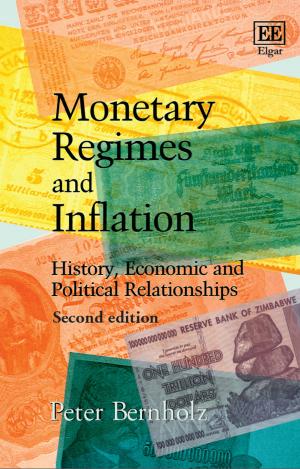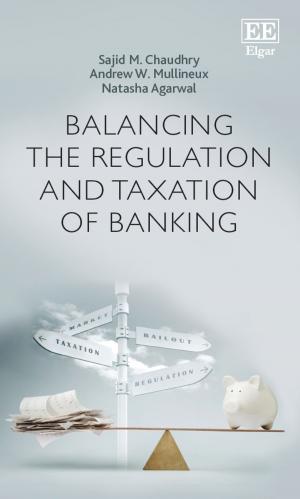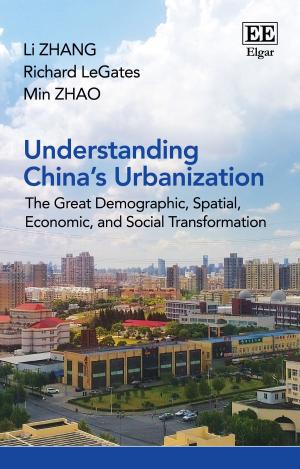Earth Governance
Trusteeship of the Global Commons
Nonfiction, Reference & Language, Law, International, Social & Cultural Studies, Political Science, Government, Public Policy| Author: | Klaus Bosselmann | ISBN: | 9781783477821 |
| Publisher: | Edward Elgar Publishing | Publication: | July 31, 2015 |
| Imprint: | Language: | English |
| Author: | Klaus Bosselmann |
| ISBN: | 9781783477821 |
| Publisher: | Edward Elgar Publishing |
| Publication: | July 31, 2015 |
| Imprint: | |
| Language: | English |
The predicament of uncontrolled growth in a finite world puts the global commons - such as oceans, atmosphere, and biosphere - at risk. So far, states have not found the means to protect, what essentially, is outside their jurisdiction. However the jurisprudence of international law has matured to a point that makes global governance beyond state-negotiated compromises both possible and desirable. This book makes an ambitious, yet well-researched and convincing case, for trusteeship governance. It shows how the United Nations together with states can draw from their own traditions to develop new, effective regimes of trusteeship for the global commons.
The predicament of uncontrolled growth in a finite world puts the global commons - such as oceans, atmosphere, and biosphere - at risk. So far, states have not found the means to protect, what essentially, is outside their jurisdiction. However the jurisprudence of international law has matured to a point that makes global governance beyond state-negotiated compromises both possible and desirable. This book makes an ambitious, yet well-researched and convincing case, for trusteeship governance. It shows how the United Nations together with states can draw from their own traditions to develop new, effective regimes of trusteeship for the global commons.















